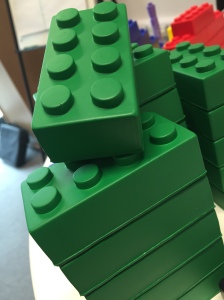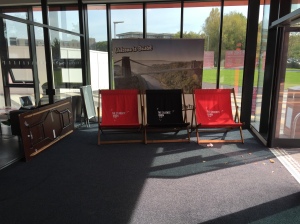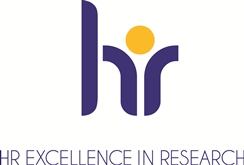Over the weekend, the Graduate School at UWE finally managed to run a Thesis Boot Camp (TBC). I say finally as it has been something that I’ve felt we needed to do for over a year since reading the blog post about it on the Thesis Whisperer and suffering a major case of FOMO. So I got in touch with Dr Peta Freestone and set the train in motion.
We used the Students’ Union at UWE building as the venue and 28 late stage PhDers came along to get some writing done. It is a tough time in the PhD student journey, trying to push on to get the thesis written and submitted and I already know from experience that peer support at this point is a really important thing. Disillusionment is a prominent theme and it would be fair to say that some PhDers would prefer just to walk away from the whole thing rather than continue to battle on.
The whole idea behind TBC is to get late stage PhDers into a generative writing phase and keep them there for an extended period in order to push on toward getting a full first draft of the thesis. This is done in a supportive peer based environment which really helps with the productivity as anyone who has engaged in a Shut up and Write session will testify.
Dr Katherine Firth has a brilliant explanation of what happens when you don’t write enough toward a full draft before you start the editing process. It is something I am well familiar with, there are lots of barriers to writing– that inner voice that criticises your words as you write, the feelings of inadequacy (or imposter syndrome) that drive you to trying to ‘get it right first time’, the scrambled mess of thoughts you have about your work that are anything but linear and also the ol’ “I haven’t got the time to get into writing so it’s not worth sitting down to start” type of crippling procrastination.
So, this TBC is all about breaking some of that impasse. Participants get a little pre-work to do – meeting up with supervisors to clarify the thesis structures typical in the discipline, referring back to and updating a thesis outline and drilling down into the target chapters to create a road map to follow during the weekend.
During the TBC weekend, the “squad” of writers had input around how to approach writing – explaining the Perfect Sentence/paragraph vortex, how to visualise success, how to view the thesis writing process at this juncture, reminders that it’ll never be a perfect thing — it just needs to be good enough. There was also explanation of how to manage writing sprints using the Pomodoro technique and building in scheduled breaks for food and activity.
It sounds daft, but there was also a bit of a reward system recognising when milestones had been reached through the awarding of squidgy building blocks, green for 5k words, blue for 10k words, red for 15k words and gold (okay yellow) for the coveted 20k words.

Another brick in the wall
Also, really important, was the opportunity to talk things through with Peta and with others when it all seemed a bit off track. The squad came together and succeeded in reaching their personal goals and hopefully set up some habits that will work in the future as they push on toward submission.
I was glad to be part of it because what i witnessed was a revelation– folks who were on the point of quitting morphed into a state of rejuvenation and belief that this can be done, that finishing isn’t an impossible dream.
The final collective word tally for the weekend was an incredible
248,239 words











